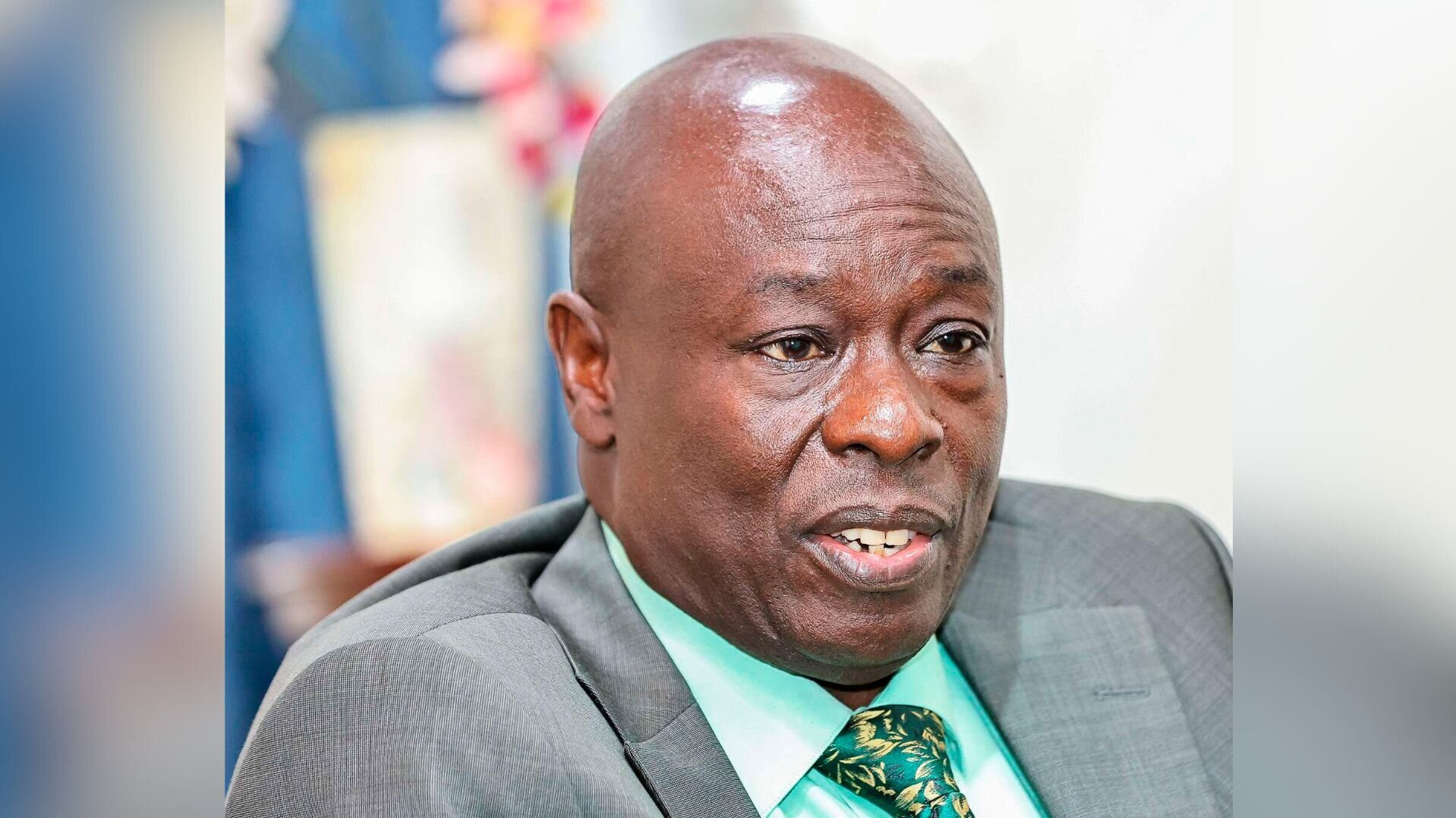A peep into deputy president impeachment process

Deputy President Rigathi Gachagua. File photo
The political landscape in Kenya has been abuzz with swirling rumours of a possible move to impeach Deputy President Rigathi Gachagua.
Allegations of misconduct, coupled with internal political wrangling, have reportedly led to discussions among a section of lawmakers about removing Gachagua from office.
While no formal process has been initiated yet, the conversation around his possible impeachment is gaining traction in political corridors, raising questions about how such a process would unfold under the Kenyan Constitution.
According to the Constitution of Kenya, impeaching a Deputy President is no easy task.
Article 150 lays out the provisions and the process for such a monumental decision.
Impeachment may be brought forward under specific circumstances, including allegations of gross misconduct, violation of the Constitution, or incapacity to perform the functions of the office due to physical or mental infirmity.
The process of impeaching a Deputy President is lengthy and involves multiple stages that require the support of both Houses of Parliament.
It begins with a member of the National Assembly submitting a notice of motion, detailing the specific charges against the Deputy President. This motion must be backed by at least one-third of all members of the National Assembly before it can proceed.
Once the motion has been formally introduced, the Speaker of the National Assembly will preside over a debate to determine whether there is sufficient ground to continue with the impeachment process. If majority of the members of the National Assembly--at least two-thirds--vote in favour of the motion, the matter moves to the Senate, where a full trial is conducted.
The Senate plays a pivotal role in this phase, as it acts like a judicial body to hear and determine the case. A select committee is appointed to investigate the allegations against the Deputy President and report its findings to the Senate within 10 days. The committee’s recommendations, though influential, are not binding, as the full Senate must vote to either uphold or dismiss the impeachment charges.
For a Deputy President to be successfully removed from office, two-thirds of all Senators must vote in favour of the motion. This high threshold reflects the gravity of the decision, ensuring that impeachment is not taken lightly and is only pursued in cases of severe misconduct or incapacity.
It is worth noting that the Constitution also provides protection for the Deputy President by ensuring a fair process.
Embattled DP Rigathi Gachagua, if faced with impeachment, would be granted an opportunity to present his defence, call witnesses, and cross-examine those accusing him. This ensures that the process is not only legal, but also fair and transparent.
Historically, Kenya has seen attempts to impeach senior leaders, though these efforts often face significant political and legal hurdles. For instance, previous impeachment attempts against governors have often a time stalled, as it is challenging to garner the necessary support from both the National Assembly and the Senate.
The current rumours of a looming Gachagua impeachment are reportedly driven by tensions within Kenya’s political class.
Speculation is rife that some factions of the ruling Kenya Kwanza and the opposition are dissatisfied with his leadership style and are seeking to oust him.
However, Mr Gachagua has remained defiant, dismissing the reports as mere political distractions meant to destabilise the government. He has vowed to continue serving the Kenyan people and executing his duties as Deputy President without fear of intimidation.
While the rumours have not yet materialized into a formal impeachment process, the ongoing speculation underscores the complex political dynamics at play in Kenya today. Should a motion be introduced, it would mark a significant development in Kenya’s political history and a rare test of the country’s constitutional provisions for impeaching high-ranking officials.
In conclusion, the impeachment process outlined in Kenya’s Constitution is rigorous, requiring substantial support from both the National Assembly and the Senate. Although the path to impeach a Deputy President is fraught with political and legal challenges, the speculation around Gachagua highlights the intensity of Kenya’s political climate.
Whether these rumours will lead to actual proceedings remains to be seen, but they have certainly added to the ongoing discourse surrounding the Deputy President’s future in office.

Be the First to Comment